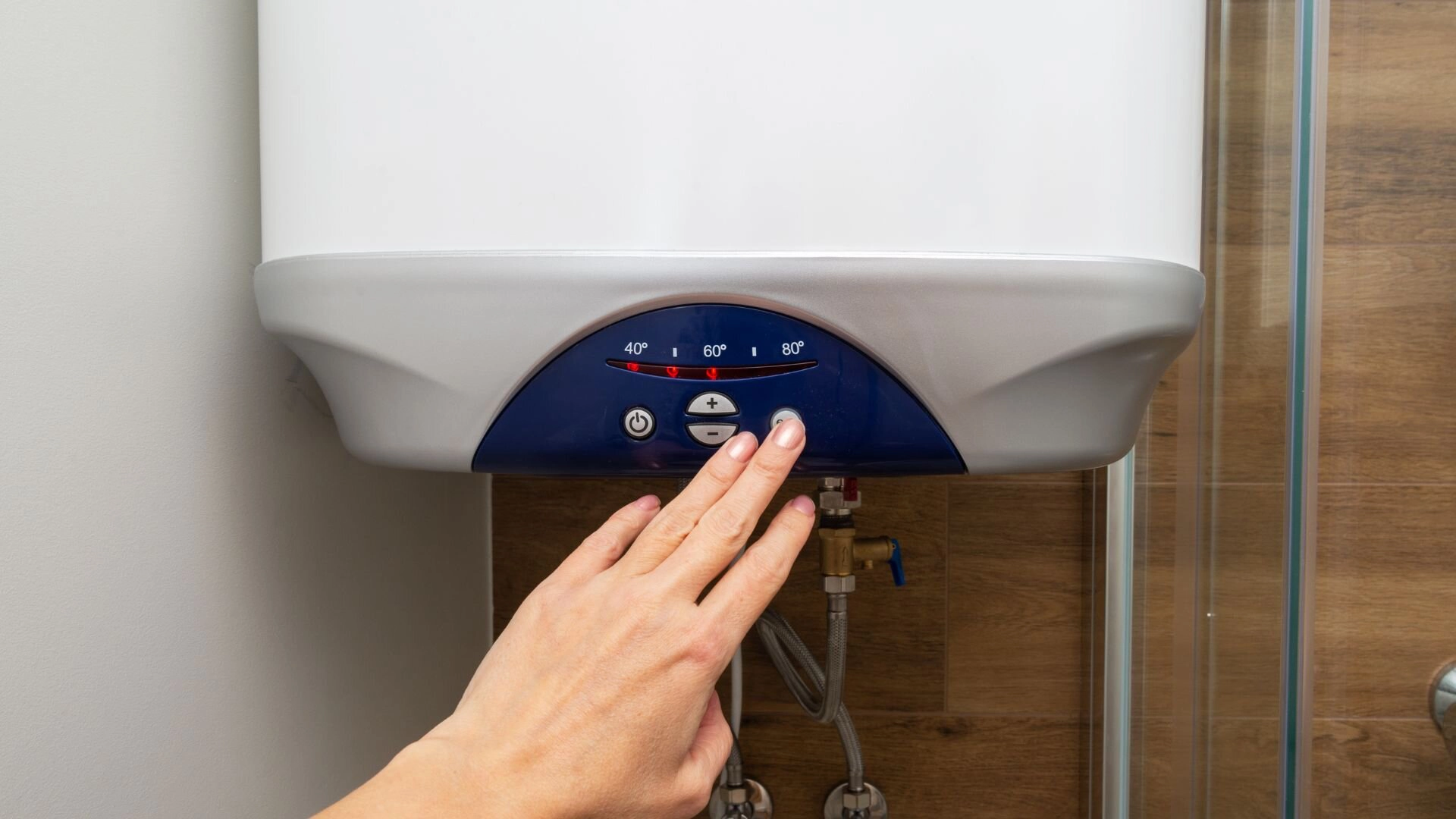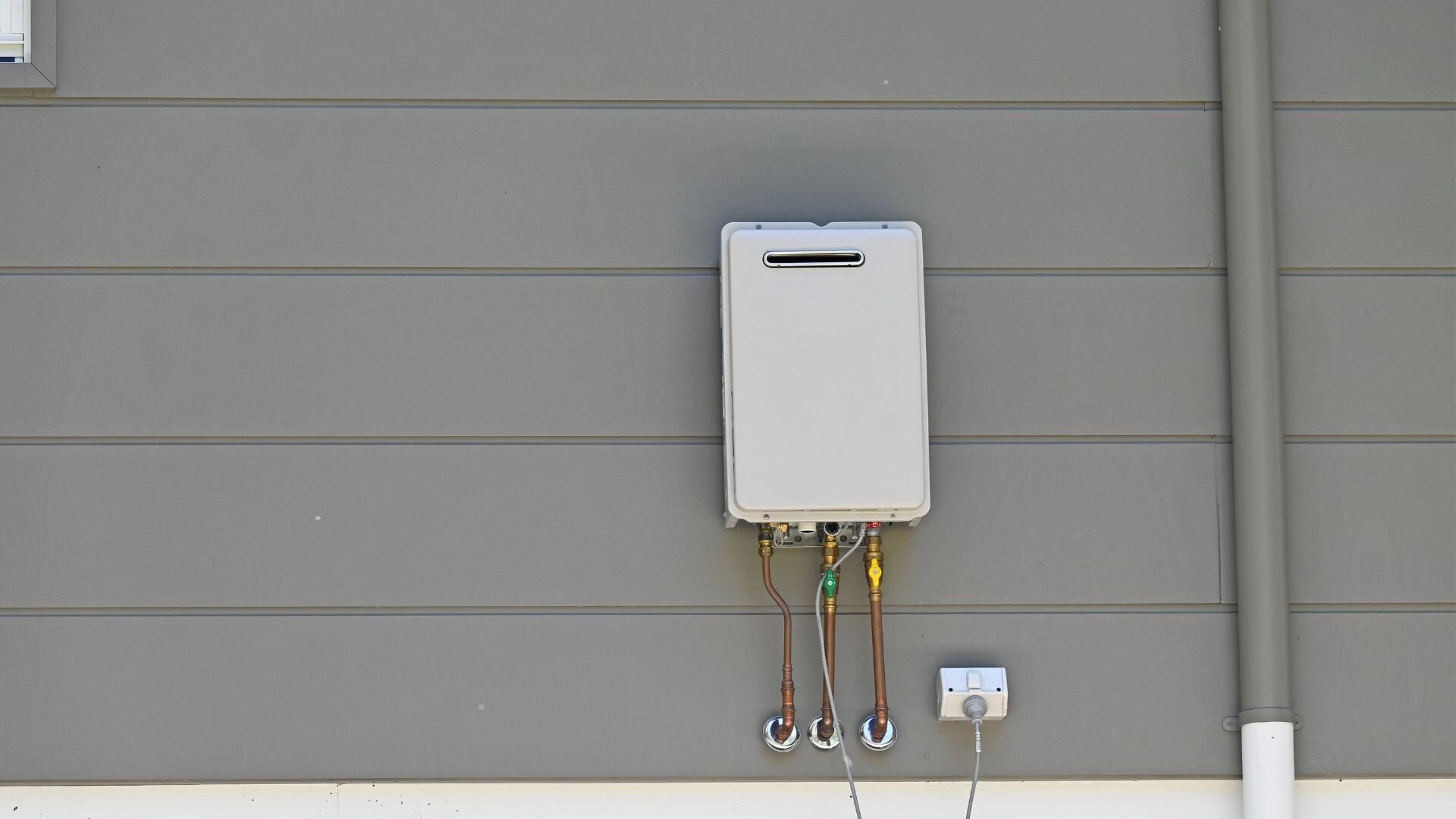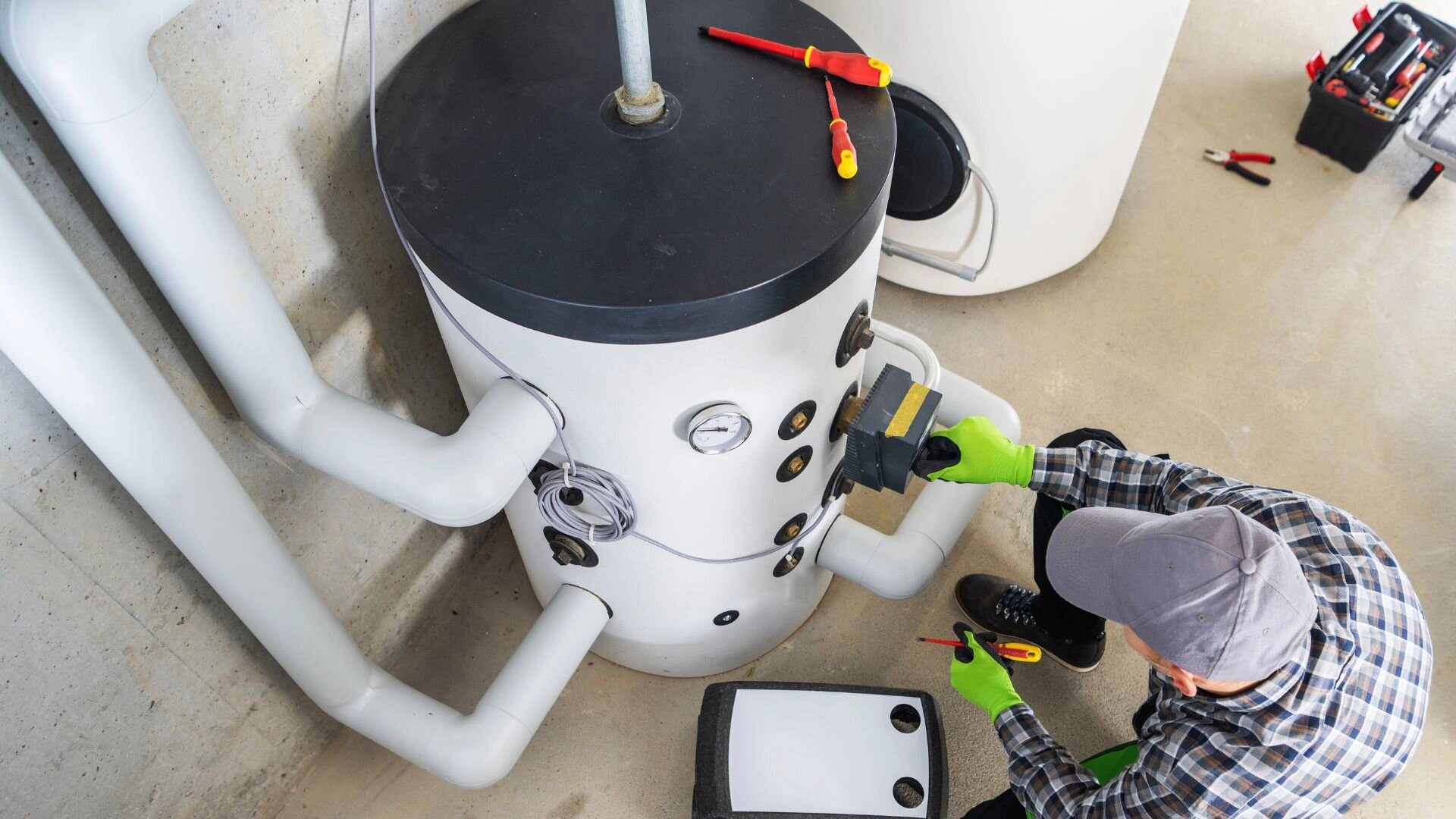When Is It Time To Upgrade Your Hot Water System?
Are you constantly running out of hot water? Is your energy bill skyrocketing? It may be time to consider an upgrade to your hot water system. In our latest blog, we delve into the key indicators that your hot water system is due for a replacement, including reduced efficiency, age-related wear and tear, and the benefits of modern water heating solutions.
Hot water systems are the unsung heroes of our homes, providing comfort and convenience that we often take for granted—until something goes wrong. Whether it’s the jolt of an unexpected cold shower or the gradual realisation that your energy bills are creeping up, the state of your hot water system can significantly impact your daily life and finances.
But how do you know when it’s simply time for a repair or when a complete upgrade is in order? In this blog, we’ll explore the telltale signs that suggest your hot water system may be due for retirement.
We’ll guide you through the lifespan of typical systems, the latest technological advancements, cost considerations, environmental impacts, and how to assess your household’s hot water needs. Understanding when to upgrade your hot water system can save you money, reduce your carbon footprint, and ensure that your morning routine is as warm and comforting as possible.
Let’s dive into the world of hot water systems and discover when it’s time to turn the page and welcome a more efficient and reliable source of warmth into your home.
Lifespan of a Hot Water System
Hot water systems are essential in our homes but only last for a while. The lifespan of a hot water system varies significantly depending on the type. Traditional tank water heaters typically last 8 to 12 years, while tankless water heaters can serve up to 20 years. Solar water heating systems also have a lifespan of around 20 years, given they’re maintained properly.

As these systems age, they may show wear and tear signs. Rust and corrosion are common in tank systems, particularly around the bottom, where sediment can collect and hasten deterioration.
For tankless systems, mineral build-up can impede heat exchange efficiency and flow rates. Regular maintenance can extend the life of your system, but it’s crucial to recognise when repairs are merely a temporary fix for a system that needs replacing.
Efficiency and Performance Indicators

Efficiency loss in a hot water system can be gradual, making it difficult to identify until it becomes a significant issue. Here are some clear indicators:
- Increased Energy Bills : If your energy costs are rising without a corresponding increase in usage, it could mean your system’s efficiency is declining.
- Inconsistent Water Temperatures : Fluctuations in water temperature can indicate system fatigue, especially if the hot water runs out quickly or takes a long time to recover.
- Long Recovery Times : If you’re waiting longer for the water to heat up, this could be a sign that your system can’t keep up with demand.
Modern hot water systems are designed with improved insulation and more efficient heating elements, which can significantly enhance performance and reduce operational costs.
Cost Implications
The decision to repair or replace a hot water system often comes down to cost. Frequent repairs can be expensive and may only extend the life of your system by a short period. In contrast, investing in a new system can seem costly upfront but may offer significant savings in the long run.
When considering the cost implications, factor in the energy savings from a new, more efficient system. Also, many countries offer rebates for installing energy-efficient appliances, which can help offset the initial investment.
Advancements in Hot Water System Technology
Recent advancements in hot water system technology have significantly improved efficiency and user control. For example, many new systems include smart technology that allows for remote management of temperatures and schedules, adapting to your usage patterns for optimal efficiency.
Tankless systems, also known as on-demand water heaters, only heat water when needed , eliminating the energy loss associated with keeping a tank of water hot at all times. Solar water heaters use renewable energy, which can drastically reduce utility bills and environmental impact.
Environmental Considerations
Older hot water systems are less energy efficient and can have a more significant environmental impact. Higher energy consumption translates to a larger carbon footprint. Upgrading to a newer, energy-efficient model can reduce your household’s overall emissions.
Look for systems with high Energy Star ratings . The higher the rating, the more efficient the system is.
Assessing Your Household Needs

Determining your household’s right size and type of hot water system is crucial. An undersized system will run constantly to keep up with demand, while an oversized one will save energy by heating water you don’t use.
Consider the following factors:
- Number of Occupants : More people means more hot water usage.
- Peak Demand : What’s the maximum amount of hot water you’ll need at any time?
- Future Changes : Are you planning to add bathrooms or appliances that use hot water?
A professional can perform a detailed assessment and recommend a system that matches your needs, ensuring you avoid facing the same issues with your new system.
The Best Time to Upgrade
The best time to upgrade your hot water system isn’t when it completely breaks down. Instead, plan for a replacement when your system shows significant wear or inefficiency.
Seasonally, the best times to upgrade are during spring or fall when demand for heating technicians is generally lower . Planning also allows you to take advantage of sales or rebate programs, which tend to occur at the end of a financial quarter or year.
Scheduling an upgrade before your system fails can prevent the inconvenience of going without hot water and give you time to research the best options available. Remember, a proactive approach is always better than reacting to an emergency.
Stay Warm, Stay Wise
Staying aware of the health and efficiency of your hot water system is crucial for maintaining your home’s comfort and managing your energy bills. From the telltale signs of ageing systems to embracing the eco-friendly and cost-effective advancements in water heating, knowing when to upgrade can make all the difference. Remember that a timely upgrade can prevent the inconvenience of untimely breakdowns and save you money in the long run.
At Service First Plumbing, we understand the importance of a reliable hot water system and are committed to helping you make the best choice for your home. Our team of experts is ready to provide you with professional advice, superior installation services, and maintenance tips to ensure your new system runs efficiently for years.
If you’re experiencing any of the warning signs discussed or are simply curious about the potential benefits of a new hot water system, don’t hesitate to contact us. At Service First Plumbing, your comfort is our priority.
Call 1300 375 908 to explore your options and take the first step towards a seamless and beneficial upgrade. Let us help you maintain the warmth and comfort of your home with a hot water system built to last.